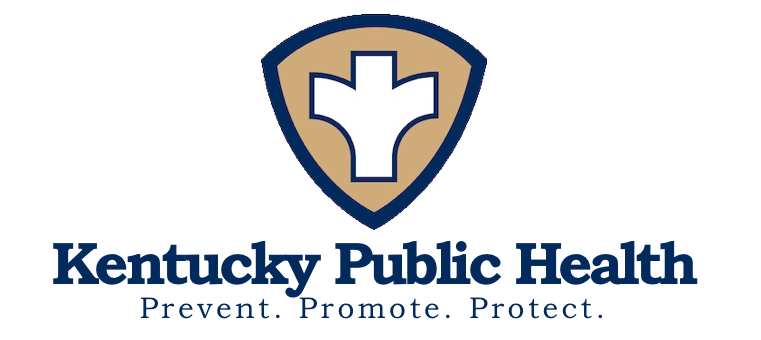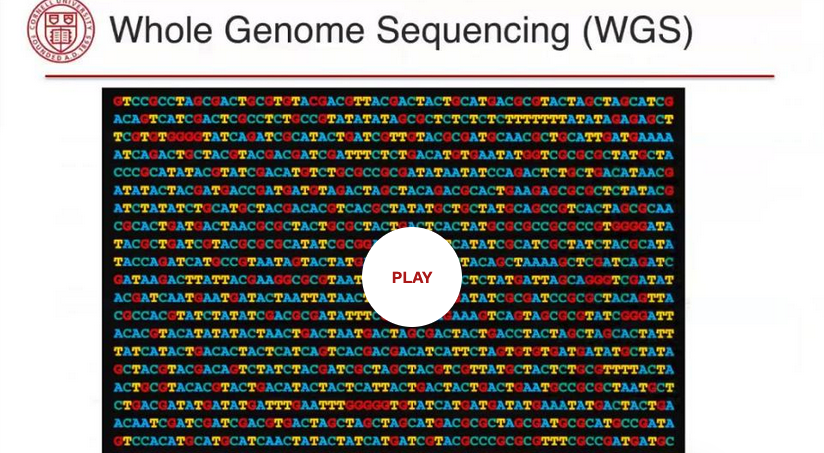Collaboration
Sample Collection Survey with Arizona Department of Health Services


Stool specimen collection during an enteric illness outbreak is essential for determining the outbreak etiology and for advancing the epidemiologic understanding of the pathogens and food vehicles causing illness. During 2018 and 2019 only 42% of enteric disease outbreaks in Arizona had at least two stool specimens collected during the investigation. Arizona department of health services (ADHS) wanted to help investigators meet the goal of 2 or more stool specimens collected per outbreak where Arizona aimed to collect for at least 60% of investigations. When they started to develop resources ADHS realized that they did not fully understand the barriers to collecting the appropriate number of samples. With that in mind, ADHS worked with the Colorado CoE to create and administer a survey to outbreak investigators in Arizona and Colorado asking about general and outbreak-specific barriers, agency protocols, practices for sample collection and investigators’ needs for training or resources for specimen collection. Advantages of working together on this survey included combining data from multiple states, having a larger group/network for ideas and collaboration, and ADHS having access to student support through the CoE. The partnership found that reducing barriers requires multifaceted approaches, including increased program funding, educating public health staff, and providing collection resources to local public health agencies.
Listeria Resources with Maryland Department of Health




NY CoE collaborated with the Maryland Department of Health (MDH) to create multiple best practice training resources for local and state health agencies on how to conduct environmental sampling in the context of Listeria. During a 1-on-1 call among the NY CoE and MDH, the MDH conveyed the need for technical, “how to” resources pertaining to environmental sampling during an outbreak, and particularly when the agent of interest is Listeria. NY CoE convenes 1-on-1 calls with each state/jurisdiction in the NY CoE region annually, and this need spoke to a general interest from partner sites regarding best practice environmental sampling resources. The first resource, a webinar titled “The 3 C’s of Listeria: Characteristics, Contamination, and Control” provides an overview of the characteristics of Listeria, and best practice recommendations on minimizing contamination, and controlling of Listeria. The webinar is targeted to public health investigators of both retail and manufactured food. The NY CoE and MDH also collaborated on creating “Listeria Fact Sheets” that can aid retail food service facilities and food processing environments in understanding the danger of Listeria monocytogenes and to assist with identifying ways to reduce the risk of transmission within these settings. The fact sheets are available in a variety of languages. This collaboration required shared responsibilities among the NY CoE and the MDH. The NY COE and MDH partnered together to develop learning objectives and a presentation outline for the webinar, which was attended live by over 150 participants. The fact sheets were also developed in partnership, with MDH providing the funding necessary to get the documents translated into six additional languages to improve the document accessibility for food service workers in the state of Maryland. On the NY CoE side, this project was funded out of staff time.
Peer-to-Peer Exchange with Kentucky Department of Public Health

Peer-to-Peer (P2P) exchanges bring together subject matter experts to share their experiences and build on one another’s successes and challenges to achieve collective and continuous growth. These exchanges leverage opportunities created when several states request similar support, want to hear what other states are doing, or to partner across states to address shared challenges. Since 2019 the Tennessee Integrated Food Safety Center of Excellence (TN Food Safety CoE) has been collaborating with the Kentucky Department of Public Health (KDPH) through a P2P exchange model. Topics covered during these meetings range from cluster detection methods to on-boarding specialized positions such as an Epi-Lab Liaison.
In July 2023, the TN Food Safety CoE partnered again with Kentucky to hold their fourth P2P exchange where ideas were shared on how to improve public health practices through integrated and innovative surveillance systems. This included discussions about how notifiable diseases are being reported in each state and ways this is being improved on. The meeting took place in Nashville where Kentucky public health officials met in-person with Tennessee public health officials. The meeting being held in person was complimented as participants felt like it enabled more in-depth idea sharing and it was very supportive of interstate collaborative efforts.
Discussions addressed Kentucky’s challenges and successes of using a statewide HIE to process electronic case reports from physicians. This system has proven to be successful in Kentucky and they are considered to be a national model however, when they run into issues with the system support is scarce. Tennessee has been tasked by the Office of the Health Commissioner to show proof of concept of a statewide HIE system. The collaboration encouraged by this exchange has given Tennessee a partner that they can look to in their future implementation.
Many other ideas and methods were shared between Tennessee and Kentucky public health staff. Overall, the P2P was a success and helped to further each state’s development of data systems for surveillance. Kentucky participants surveyed felt confident in their ability to integrate ideas discussed in the meeting and intend to use practices that they learned to improve workflows and improve data quality. Next year, Tennessee intends to hold a symposium with multiple states attending in hopes of a greater exchange of ideas and innovations.



